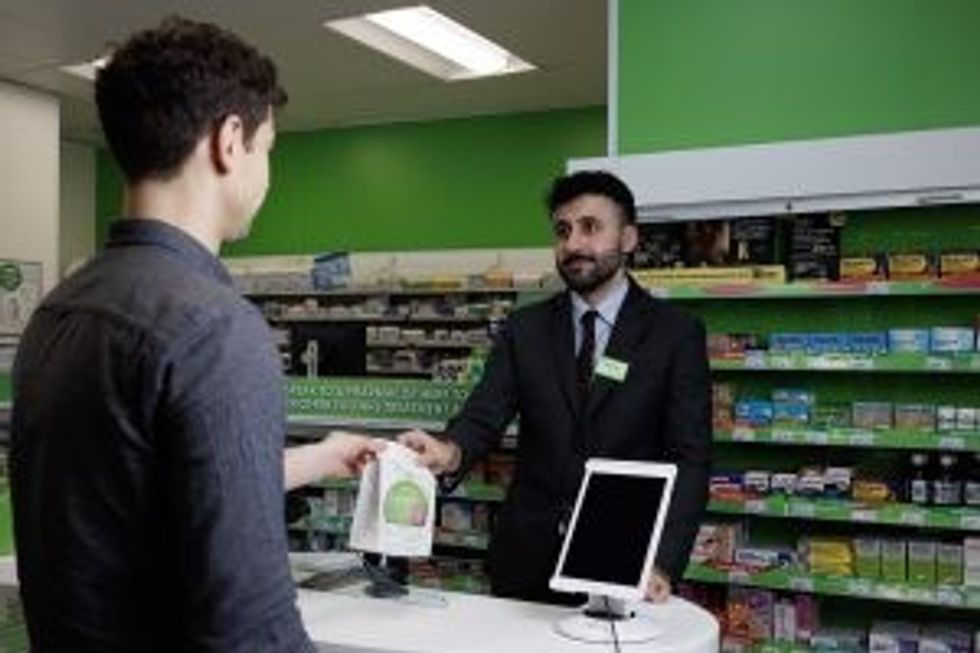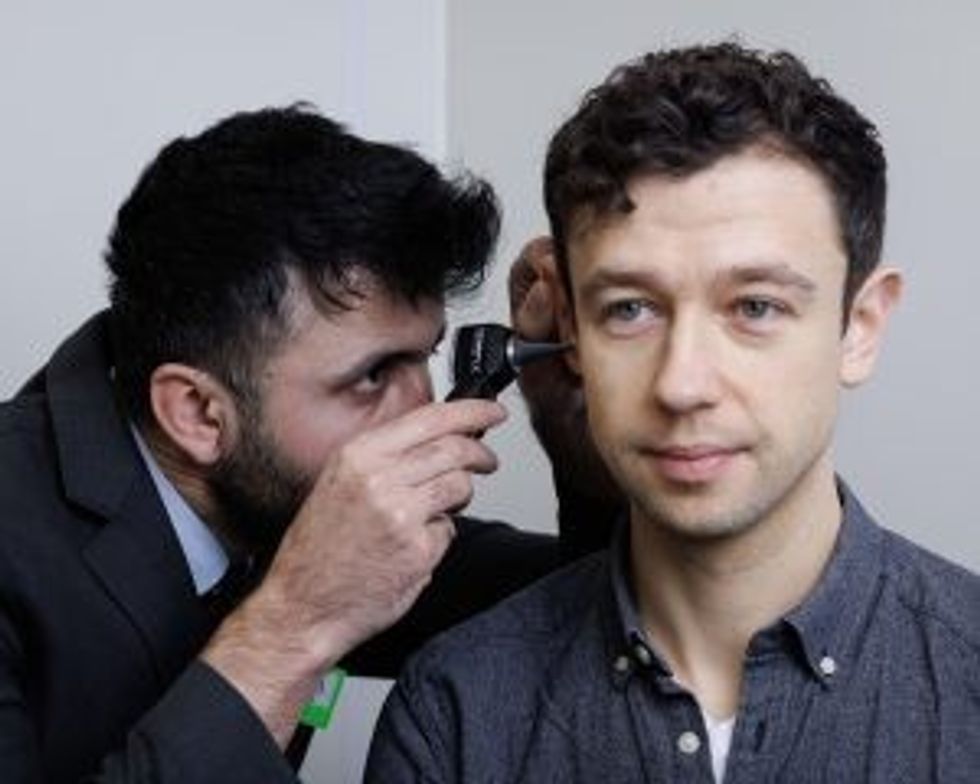Privacy, reassurance and education are essential for Pharmacy First to be adopted by people in England, reveals a Superdrug survey.
From today, thousands of pharmacists across England will be able to offer advice, treatments, and medicines for seven common illnesses under the Pharmacy First scheme.
Patients are being encouraged to visit their pharmacy for sinusitis, sore throat, earache, infected insect bites, impetigo, shingles and uncomplicated urinary tract infections, instead of going to a GP surgery.
But the question is – Are people ready to talk to their pharmacist about these conditions?
New research by Superdrug has highlighted that privacy, reassurance and education are essential for Pharmacy First to be adopted by people in England.
In the survey, more than 70 per cent of respondents said that they would consider the service if there was a private consultation room.
Three-fifths (59 per cent) of the participants were willing to use the service if it was clear the pharmacists were qualified to provide the treatment.
While 63 per cent of respondents said they would use the service if they could get a prescription quicker, two-thirds (67 per cent) were likely to consider the service if they knew what services pharmacists can offer.
While 85 per cent of people positively welcomed the introduction of the service, many were not aware of the different health conditions the new scheme supports.
A third had not heard of impetigo, nearly a quarter had not heard of sinusitis, 18 per cent had not heard of shingles, and 15 per cent had not heard of a UTI (urinary tract infection).
Dave Hughes (left) is the first patient in England to be supplied medication under the Pharmacy First service by Superdrug pharmacist Rahim Rahmani (right) in The Strand, London. Photo credit: Belinda Jiao/PA Wire
What Pharmacy First means for pharmacists?
Pharmacy First is an “excellent opportunity for pharmacists” to utilise their skills and support the health of their local community with this new service, said Niamh McMillan, Superdrug’s Pharmacy Superintendent.
“All pharmacists have undertaken at least four years of training at University and a further year of study after graduating before qualifying as a Pharmacist.
“Pharmacists are experts in medicines and able to support patients with a wide range of different minor illnesses,” she said.
McMillan added that their pharmacists have undertaken additional training ahead of the Pharmacy First launch, covering all seven clinical conditions, clinical history taking and practical assessment skills.
She also assured they have private consultation rooms in every pharmacy to conduct the service and offer healthcare advice.
Ghada Beal, Superdrug’s Healthcare Director, also agreed that this initiative is a fantastic resource for local communities, as pharmacists will be able to supply prescription medications for the seven conditions.
“This means people will be able to access quicker and more convenient care,” she said.
Malcolm Harrison, Chief Executive of the Company Chemists’ Association, expressed confidence the sector will deliver the service successfully and make a strong case for its future expansion to cover further common conditions.
He revealed that more than 10,000 community pharmacies are signed up to deliver the service, which will also free up GP capacity at a critical time for the NHS.
“An ambitious and fully funded Pharmacy First service could free up 30m+ GP appointments annually,” he added.
Superdrug pharmacies have begun offering the new Pharmacy First service from today (31st January).
Rahim Rahmani, a Superdrug pharmacist, uses an otoscope to assess a patient’s medical condition, at The Strand, London, as part of the Pharmacy First service which launches today. Photo credit: Belinda Jiao/PA Wire





















